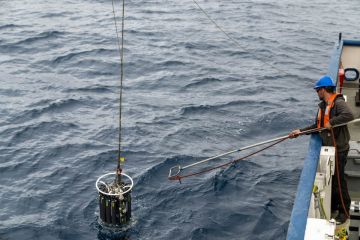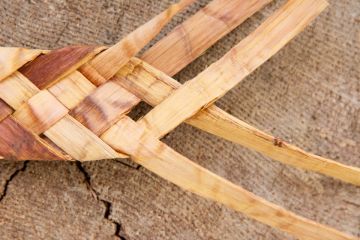Network makes connections to change the lives of Indigenous youth
- Rosie Westwood

Indigenous youth are over-represented in BC’s child welfare system, and UVic researchers are setting out to help change that.
The Indigenous Child Welfare Research Network, launched on campus Feb. 13, seeks to develop research practices that utilize the knowledge and teachings of Indigenous cultures in BC.
“The network will link researchers, child welfare agencies and Indigenous communities,” says Jacquie Green, a UVic social work professor and network project manager.
The network’s executive also includes principal investigator Leslie Brown of the Faculty of Human and Social Development and project research advisor Sandrina de Finney (child and youth care).
“As a network, we want to strategize how we as communities and agencies can approach research to reclaim traditional child rearing stories,” says Green.
In northern BC, Indigenous children make up to 70 per cent of those in provincial care. Many continue to suffer from the legacy of the residential school system.
The network was formed on the basis that the tools to help youth can be found within their own communities.
“We wanted to find ways in which we could reclaim research aspects to enrich the lives of children. We want to work with communities to develop programs and practices that would be relevant to nurturing our children and supporting our families.”
The network draws on the expertise of some of UVic’s Indigenous faculty members to form its steering committee, which helps ensure that the network acts with consideration and respect for its Indigenous partners.
“Some places in BC are already using traditional teachings to guide practices,” says Green.
“There are a lot of good practices that are happening in communities, but a lot of people don’t know about them,” she says.“We are remembering how our people have done research for centuries. It was storytelling.”
To that end, the network’s website has a place where communities and individuals can tell their success stories and share their teachings.
Ultimately, the network’s vision is to establish a research institute in BC to ensure Indigenous children and families are nurtured with those traditional teachings and practices that are relevant to the diverse Indigenous cultures of the province.
In April and May, Green will be part of two training sessions on child welfare research, one in Vancouver and one in Prince George. Then in October the network will host its first Indigenous child welfare research conference at UVic. That conference will feature a strong emphasis on children and youth, with two youth keynote speakers and youth facilitators.
For Green, the search for better care for Indigenous children has a personal dimension. Both her parents were students at residential schools. For years, her father would not teach her about her culture because he feared it would make life more difficult for her.
Now, she says, both her father and mother have become not only her teachers, but also teachers to their grandchildren and great-grandchildren and to their neighboring communities.
It’s that reclaiming of values, culture and teachings that Green hopes the network will facilitate.
“I believe young people deserve to hear those good stories, those old stories,” she says. “They deserve to understand our history.”
The causes behind the high representation of Indigenous youth in child services are varied and complex, Green notes. But she hopes the network will be one way to turn the tide.
Photos
In this story
Keywords: network, changes, lives, indigenous




